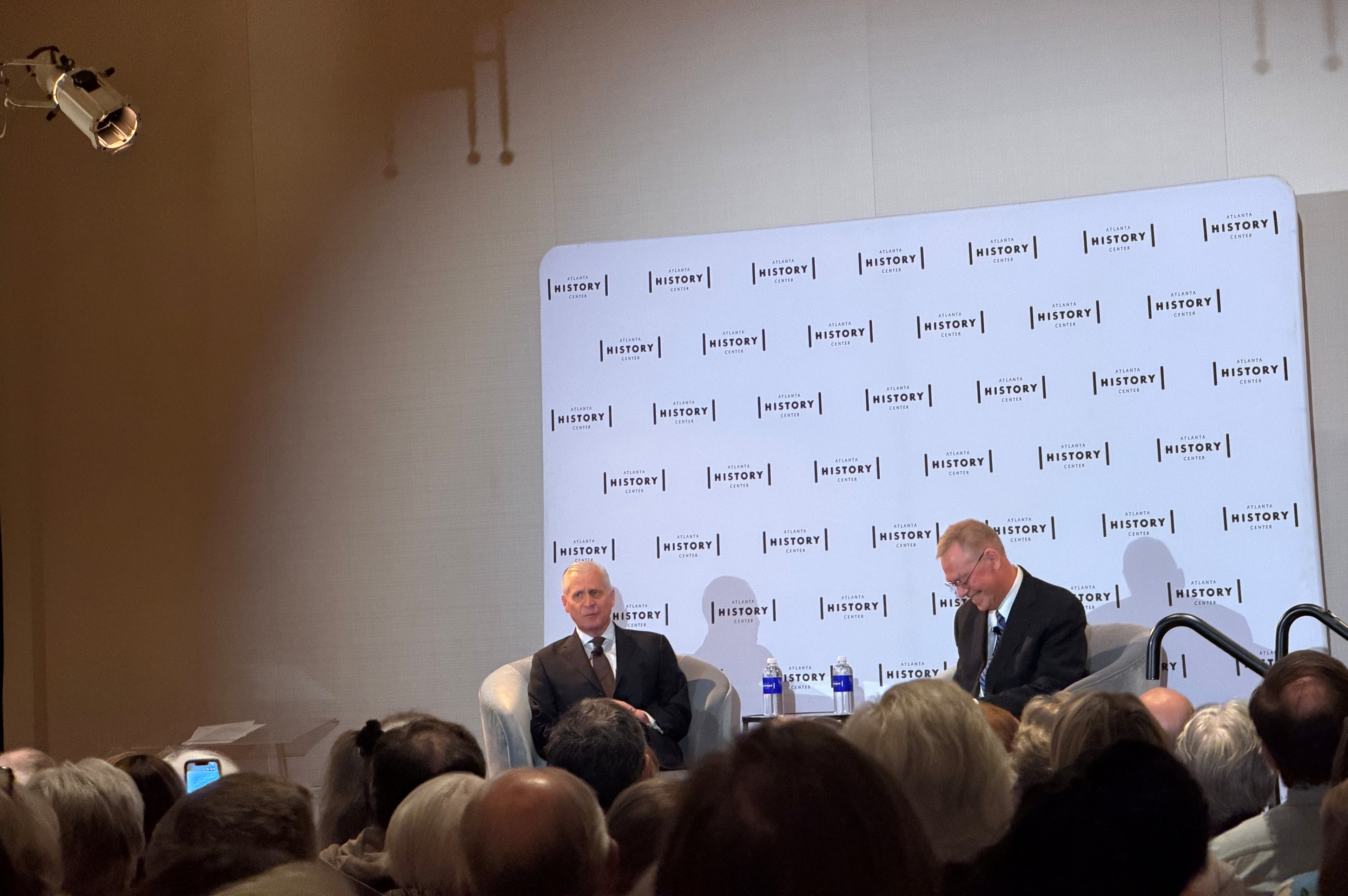Balanced approach to liquor laws
A few years ago, the state Legislature passed a law that finally allowed retail liquor outlets to carry high-alcohol connoisseur beers. Now Georgians can enjoy Trappist ales from Belgium, barley-wine ales from American micro-breweries, and other specialized products. I don’t recall hearing of a case where a bunch of soused teenagers was rousted during an injudicious and illegal consumption of these new beers.
This year, there is a movement to allow retail sales of alcohol on Sunday, and its supporters are at the Capitol today.
These steps toward allowing the liquor industry the same freedoms that other retailers have need to be accelerated.
The stumbling block to reform is liquor’s history in the United States. During Prohibition, the industry was controlled by gangsters and bootleggers who made vast fortunes supplying the thirsty populace with intoxicating and, sometimes, poisonous beverages. When the Noble Experiment was repealed, various governmental bodies slapped on taxes and regulations. One reason was to keep the gangsters out of the business and the second was to punish drinkers.
Gangsters, of course, moved on to more lucrative crimes such as drugs, gambling and prostitution. But the laws are still in place. Retail liquor stores in most states cannot buy directly from wineries, breweries or distillers; they have to buy from a wholesaler. This two-tier system makes tax collection more efficient but prices are higher.
Depending on the location, workers in the industry have to pass criminal background checks and be fingerprinted. In DeKalb County, you need an ID card, just like exotic dancers, bartenders and escorts have to get, to just stock liquor shelves.
If you opened a clothing store or a shoe store, these restrictions would not apply.
There are other peculiarities in Georgia: a producer is stuck with a wholesaler unless the wholesaler allows the producer to move to another wholesaler; it is illegal to have a wine tasting in a liquor store but not illegal to have one off-site; liquor cannot be delivered to a customer by the store but only by a third party.
Instead of approaching a modernization of the liquor industry piecemeal, it’s time for the state Legislature to view the whole picture and pass modern, sensible laws to make the wholesale and retail liquor industry more like other businesses that do not have the same nonsensical restrictions.
At the same time, the penalties for drinking, possessing and buying for underage drinkers need to be increased. Drunk drivers need to be taken off the road and bars that over-serve customers need to be closed. A really daring act, and one that would cost some revenue, would be to pull the right to sell wine and beer from supermarkets, drugstores and gas stations. These businesses hire clerks who are not 21 but who have ready and easy access to stealing liquor, drinking in the stock room, or selling to friends.
A teacher of mine once said that if alcohol had just been invented, there was no chance it would have been approved for consumption. Well, it has been consumed for thousands of years, perhaps as long as bread. It’s time to free its sale, while still controlling its potential for abuse among the young and addicted.
Janusz Maciuba, an ESL teacher at DeKalb Tech, was in the retail liquor industry for more than 25 years.


